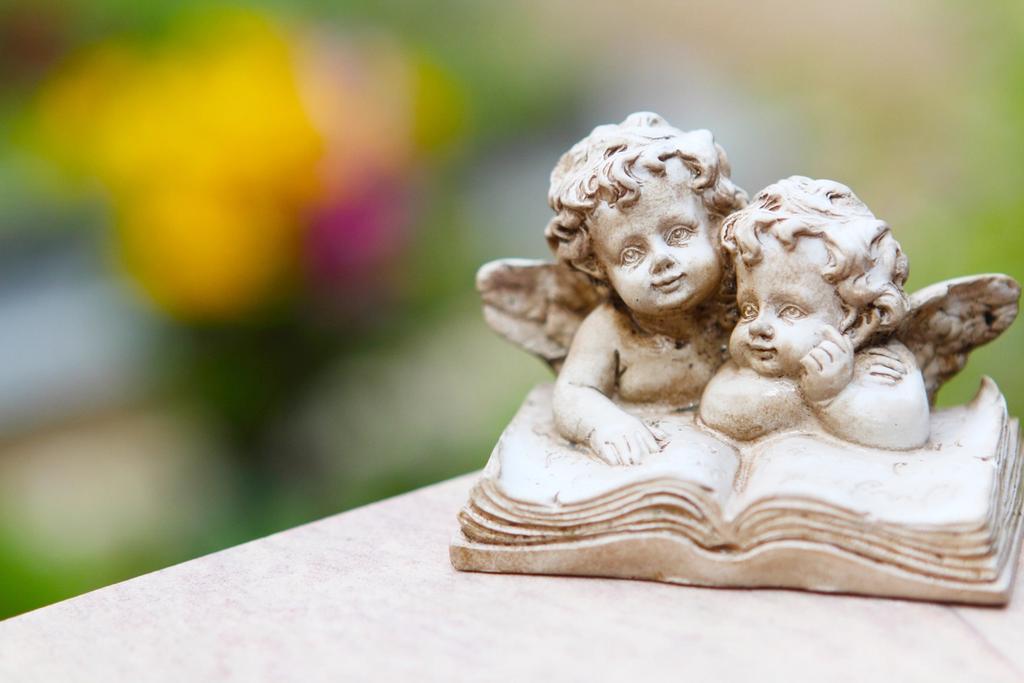Ways To Deal With Grief
Though everyone grieves in his or her own way, there are some basic tools available to everyone that can be useful in coping with a loss.

Spend Time With People Who Knew The Person Who Died
Other people who knew the person who died will be grieving too, and can relate to how you are feeling. They can also talk with you about the person who died and share memories with you. While talking about the person who died can be hard, it can also be cathartic. Spending time with and talking to friends and family can also help with the healing. Sharing memories of the deceased with others who knew him or her can be a powerful tool for processing the death. In addition, talking with a therapist or psychologist can help the grieving person better understand his or her grief and can aid in the process.
Spend Time With Friends
If you’ve been spending lots of time alone, it can be good to spend time with friends. Whether you stay in and watch a movie or play a game, or whether you go out to dinner or go for a walk, connecting with a friend can remind you that even if you feel alone, you’re not alone. It’s also important to do things that remind you that even though you’ve experienced a loss, you can still have fun and enjoy yourself.
Sometimes, friends don’t know how to respond to grief. If your friends aren’t reaching out to you, try reaching out to them. It’s likely that they want to support you but simply don’t know how.
For advice on how to reach out to friends, see our article How to Ask for Help After a Death.
Talk To A Pastor, Priest, Rabbi, Or Religious Leader
If you are a religious person, consider talking to your religious leader. He or she will be able to provide a place to discuss your feelings and can listen to your experience and help you according to your beliefs. The mourning traditions of your religion might offer a framework that can help you better understand the grieving process and make sense of your experience. Going to church or synagogue, praying, and reading the Bible can also be sources of comfort.
Talk To A Therapist Or Counselor
There are many mental health professionals available to help you understand and cope with feelings of grief. A therapist or counselor who specializes in grief can help you sort through your emotions. To find a therapist or counselor in your area, contact your local hospital for references. If you live near a university, contact the school. Many university psychology departments have therapists-in-training who can work with you, often at a reduced rate.
Join A Support Group
Support groups are places where people who have a shared experience can talk about their feelings with others. For lots of people, support groups offer a nonjudgemental environment where they can find comfort in expressing their feelings to people who can relate to their experience. Many people experience lasting grief after a death, and there are many communities dedicated to supporting the grieving process. To join a support group in your area, contact a local hospital or hospice for recommendations. There are also many support communities online.
To find a support group online, use our resource Guide: Grief Support.
Take Care Of Your Body
When feeling overwhelmed with grief, it is common for personal care and hygiene to be put off or de-prioritized. Remember that taking care of yourself physically is an important way to take care of yourself emotionally. Try to eat healthy food, exercise, spend time outside, and get a healthy amount of sleep. If you’re having trouble taking care of your health, consider reaching out to a friend to ask for support. Many people would be happy to cook dinner for you or with you, help with grocery shopping, attend an exercise class with you, or take a walk.
- How To Express Sympathy: What To Say And What...We’ve compiled a list of things to say—and things to avoid saying—when...Read more
- A Quick Overview Of Proper Funeral EtiquetteFunerals are emotionally complex, and knowing how to act can present a...Read more
- The Five Stages Of GriefAfter experiencing a loss, it's common to go through a range of emotions...Read more
- Funeral Pre-Planning Cheat SheetPlan now, rest later.Read more



